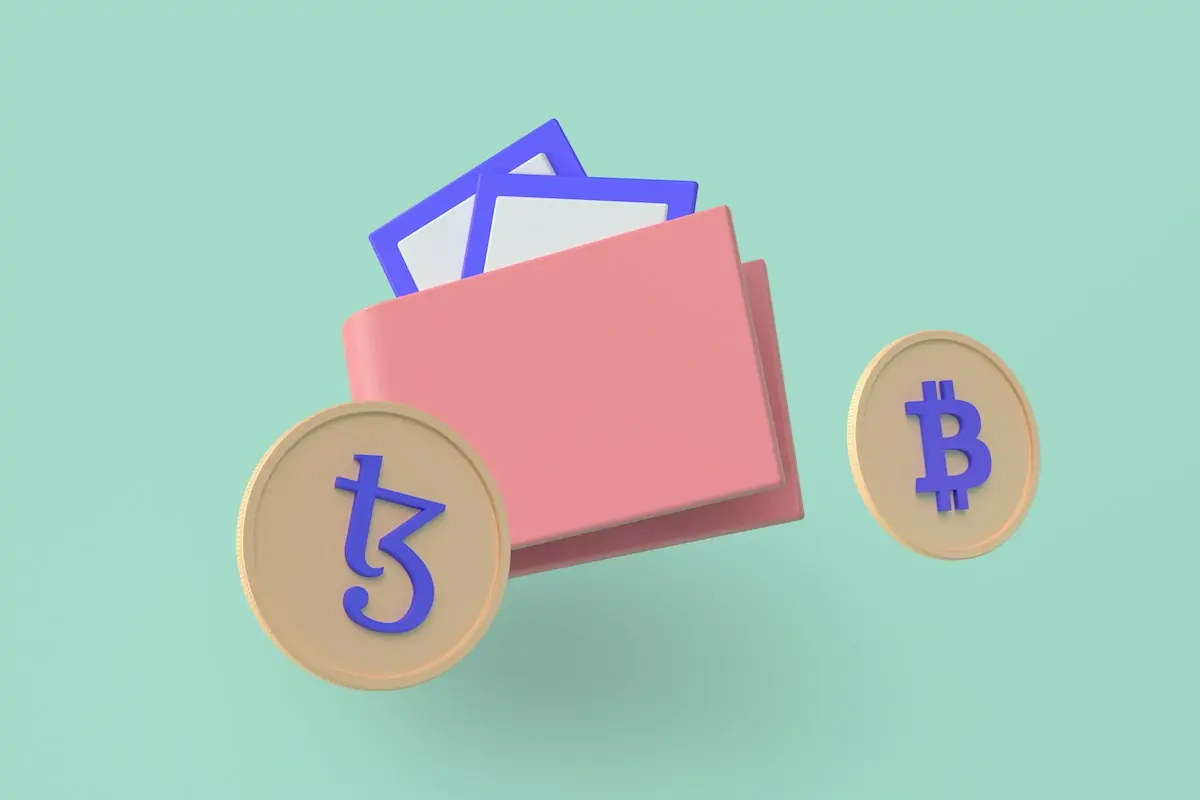
Cryptocurrency tax UK: HMRC reacts to cryptocurrency gains
11 Oct 2019If you have been buying or selling cryptocurrency and have made significant gains, you should be aware that HMRC is now taking a greater interest in these types of transactions and considering the tax implications.
This article follows up our March 2021 guide to tax on cryptocurrency in the UK, explaining the tax implications for anyone buying or selling this type of currency. The situation has moved on with cryptocurrencies moving into the mainstream. As a result, HMRC are now aiming to ensure that individuals are aware of their responsibilities to comply with tax legislation.
As a first step, HMRC is contacting individuals identified as making gains over a certain value and advising them to get their records in order so that they can comply with any applicable tax legislation.
This initial form of contact is not a demand for reporting or payment, it is merely advisory at this stage. However, we recommend that you get your affairs in order so that you are ready for any changes in tax legislation and any further action by HMRC.
As the rules surrounding cryptocurrency and tax are likely to be complex, we also recommend that you take professional advice and speak to someone who specialises in tax regulation for cryptocurrency.
HMRC’s initial contact
HMRC has used its powers to request names and account information from cryptocurrency exchanges on individuals with UK addresses. Coinbase UK, for example, received a request for disclosure of individuals who received more than £3,000 worth of crypto assets between April 6th 2020 and December 31st 2020.
Other exchanges are likely to have received similar requests.
HMRC has used information like that to contact individuals with a standard message ‘nudging’ them to check their Capital Gains Tax (CGT) position as disposal of crypto assets may lead to CGT liabilities.
The letter includes examples of what HMRC considers disposals that may lead to CGT liabilities and refers recipients to HMRC’s published guidance on taxation of crypto assets.
The letter does not require a response or request any form of disclosure — it is intended to be educational. However, if you receive the letter, this indicates that HMRC is aware of your activities and you should consider whether you need to report any gains.
Capital Gains Tax on Cryptocurrency in the UK
In the letter, HMRC provides examples of types of disposal that may lead to liability to Capital Gains Tax on cryptocurrency in the UK:
-
Trading cryptocurrency by selling your crypto assets for a higher price than you purchased them for.
-
Swapping one cryptocurrency for another by using one type of cryptocurrency to purchase a different type.
-
Spending cryptocurrency by using your cryptocurrency to pay for goods or services.
-
Gifting cryptocurrency to another person or to a charity.
If you have made net cryptocurrency gains under HMRC’s definition and they exceed your annual CGT allowance of £12,300, you must report them. Don’t forget that you must take account of any other capital gains when calculating your total liability.
Given the volatility of the market, it’s possible that you may have made losses on some of your disposals, so you can take account of the losses to reduce your CGT liability.
There may be other allowable costs that you can use to reduce your net liability. These are set out in HMRC’s published guidance on taxation of crypto assets.
Liability to Income Tax when disposing of crypto assets
Although the HMRC letter aims to raise awareness of CGT liability, you should also be aware that disposing of crypto assets can lead to Income Tax liability in certain circumstances.
HMRC has begun with the assumption that individuals hold crypto assets as a personal investment and are therefore only liable to CGT on any gains.
However, if an individual’s buying and selling activities reach a certain level, HMRC considers the activities as trading. Any individuals considered as traders will be liable to Income Tax rather than CGT. The threshold has not been clearly defined, but appears to be assessed on a case-by-case basis.
Related: Tax and NIC thresholds for 2021/22
Related: Income tax losses: What self-employed/sole traders need to know

Location of crypto assets
One of the factors complicating cryptocurrency taxation is the location of the assets. A crypto asset is digital and therefore has no real physical location. This could mean that crypto assets held in other countries could be subject to lower tax regimes, a consideration that could potentially affect non-domiciled UK residents.
However, HMRC’s position is that crypto assets are held where the owner resides and are therefore subject to UK tax legislation if the owner lives in the UK.
Checking your tax liability
If you have received the letter from HMRC, it’s important to assess your liabilities carefully whether you buy or sell crypto assets.
HMRC’s published guidelines set out a series of steps you should follow, which cover:
-
When to check
-
How to work out if you need to pay any tax
-
What counts as an allowable cost
-
Pooling the costs of different types of crypto assets
-
How to report and pay tax liabilities
-
Which records to keep
Record keeping
HMRC recommends that you keep the following types of records:
-
Types of assets you received or disposed of
-
The date you received or disposed of them
-
The number of assets you received or disposed of
-
The number of assets you hold in total
-
The value of the assets in pounds sterling
-
Bank statements
It’s essential to keep accurate, up-to-date records because HMRC may ask to see the records as part of a compliance check.
Support from Accounts & Legal
HMRC has given notice of its intention to ensure cryptocurrency owners meet their tax obligations. Although no immediate response to the letter is required, we strongly recommend that you get your tax affairs up to date ahead of any further moves by HMRC.
Accounts & Legal can provide expert advice on the taxation of cryptocurrencies and can help you prepare your tax submissions and ensure that you are fully compliant with HMRC’s complex rules on cryptocurrency investment or trading. If you’re wondering if you can avoid paying tax on cryptocurrency in the UK, or simply want to get a better understanding of cryptocurrency tax, our crypto accountants can help.
To find out more, please contact us on 0207 043 4000 or info@accountsandlegal.co.uk. You can also get a quick and easy accountancy quote here.






















